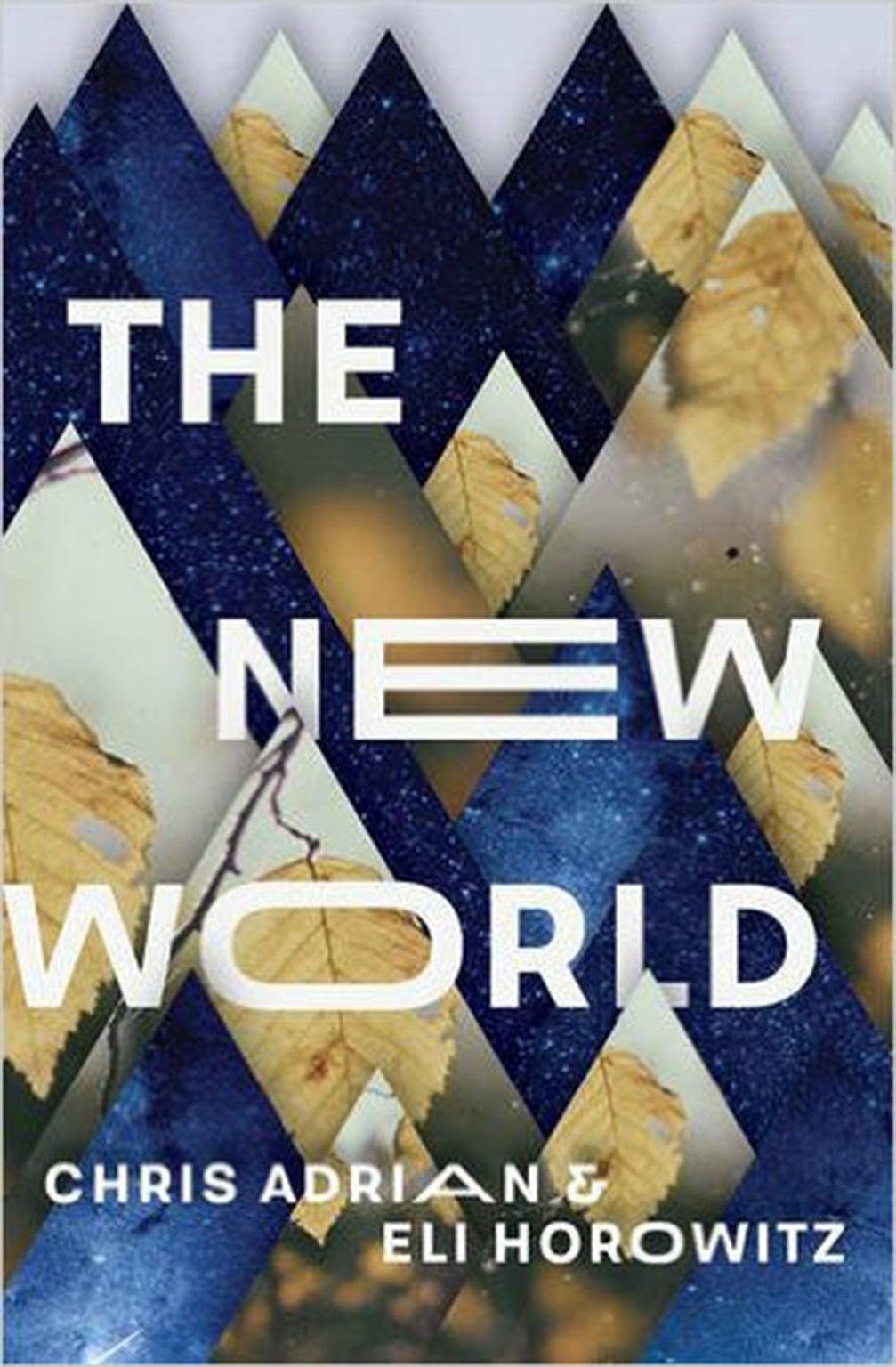The New World by Chris Adrian & Eli Horowitz, book review: Sci-fi tale loses a bit in translation from app to novel
In traditional book form the tale comes across as somewhat deficient

Your support helps us to tell the story
From reproductive rights to climate change to Big Tech, The Independent is on the ground when the story is developing. Whether it's investigating the financials of Elon Musk's pro-Trump PAC or producing our latest documentary, 'The A Word', which shines a light on the American women fighting for reproductive rights, we know how important it is to parse out the facts from the messaging.
At such a critical moment in US history, we need reporters on the ground. Your donation allows us to keep sending journalists to speak to both sides of the story.
The Independent is trusted by Americans across the entire political spectrum. And unlike many other quality news outlets, we choose not to lock Americans out of our reporting and analysis with paywalls. We believe quality journalism should be available to everyone, paid for by those who can afford it.
Your support makes all the difference.The New World begins with the sudden death of Jim Cotton, a one-time surgeon now humanist chaplain in a Manhattan hospital. His wife Jane, a paediatric surgeon in the same establishment, arrives home from a work trip to find only his decapitated body. Unbeknownst to her, Jim had signed his soul over to Polaris, a shadowy cryogenics organisation.
The book is split into three parts: “Cycle One”, “Cycle Two” and “Cycle Three”, named after the process of adaptation those who have signed up to eternal life undergo once they enter the afterlife. It’s a procedure that Jim soon learns isn’t anywhere near as straightforward as he’d been led to believe.
He’s unable to “Debut” until he frees himself from the “bondage” of his past: in essence, he must forget everything about the life he led before, including memories of beloved Jane.
‘Cycle One’ is composed of chapters alternating between Jane’s widowhood in real life – the grief she feels in the face of Jim’s death muddied by the anger she feels towards Polaris – and Jim’s experience in the afterlife, whereas ‘Two’ and ‘Three’ play back scenes from their marriage.
Although never explicitly stated as such, progress is associated with disappearance through the slow, fade out of the page numbers as they advance in the latter two sections, suggesting that these are memories Jim is replaying before forgetting them forever.
It’s also a nod to the form in which the novel originally appeared: an app. It’s much harder, of course, to align medium with message in the confines of a traditional text structure. The app was able to play with fade out in a much more compelling way, just one of its neat visual cues, including swiping the screen backwards rather than forwards when it came to Cycles Two and Three; and the chromatic distinction of different coloured screen borders depending on whose point of view the narrative was being told from.
For all this digital gadgetry and sci-fi-esque technology, like Michel Faber’s The Book of Strange New Things, a book ostensibly about aliens but actually about human experience, The New World is first and foremost a portrait of a marriage – what it means to stray and what it means to commit to each other, even when separated by death – rather than something otherworldly.
That said, it lacks the scope of Faber’s novel. And while the digital version read as genuinely innovative storytelling, presented here in traditional book form the same tale comes across as somewhat deficient.
Order for £11.69 (free p&p) from the Independent Bookshop: 08430 600 030
Join our commenting forum
Join thought-provoking conversations, follow other Independent readers and see their replies
Comments